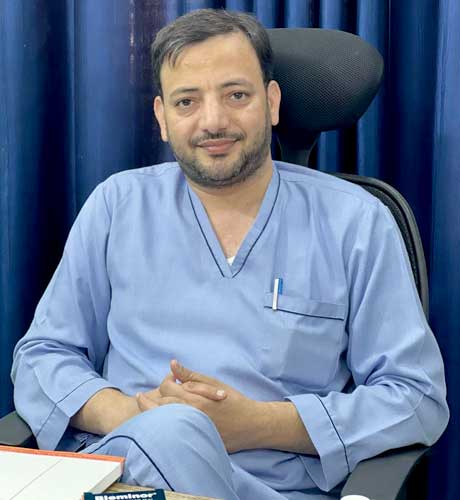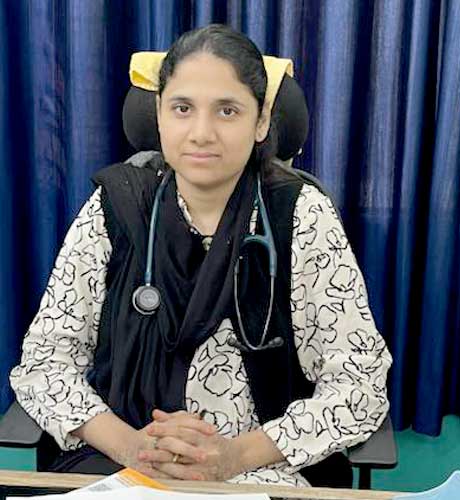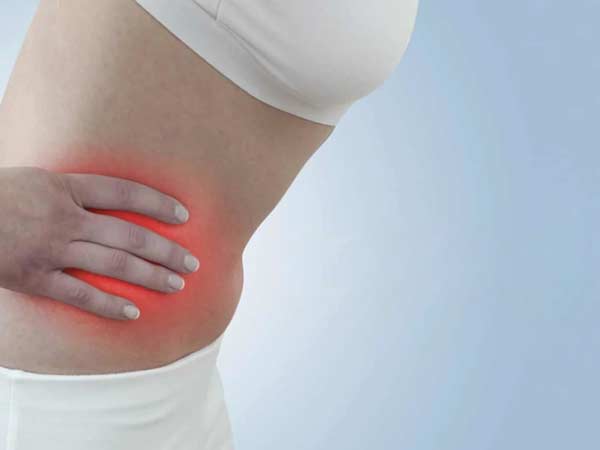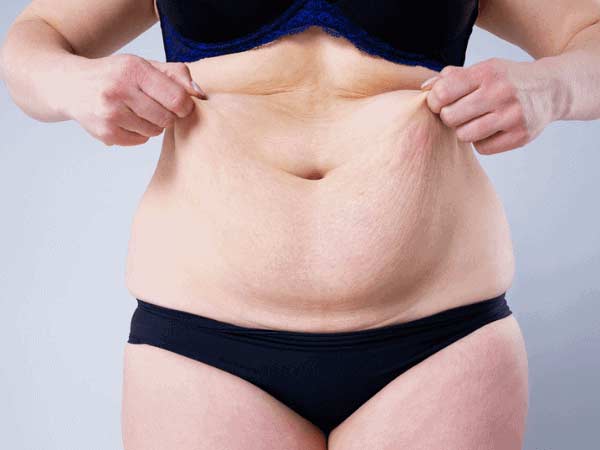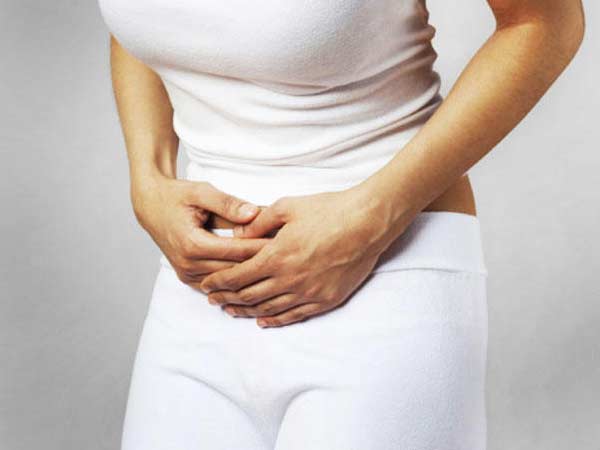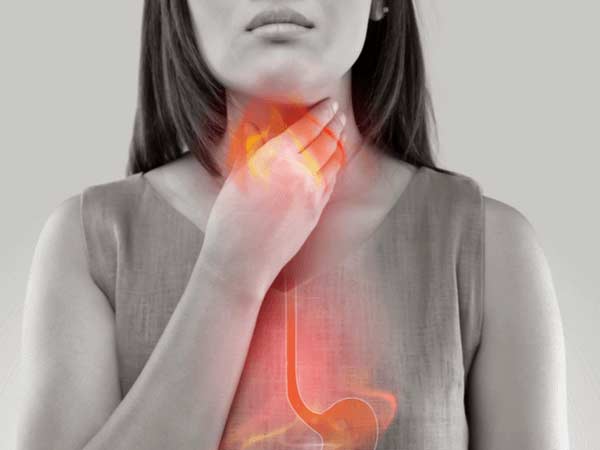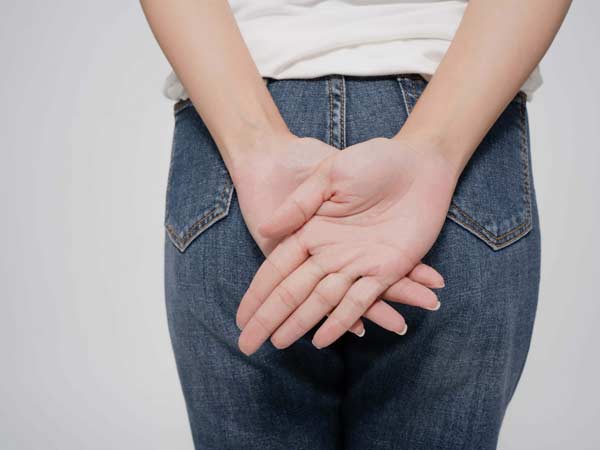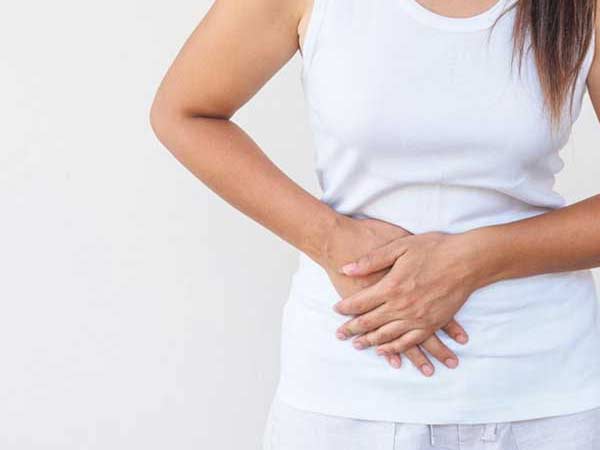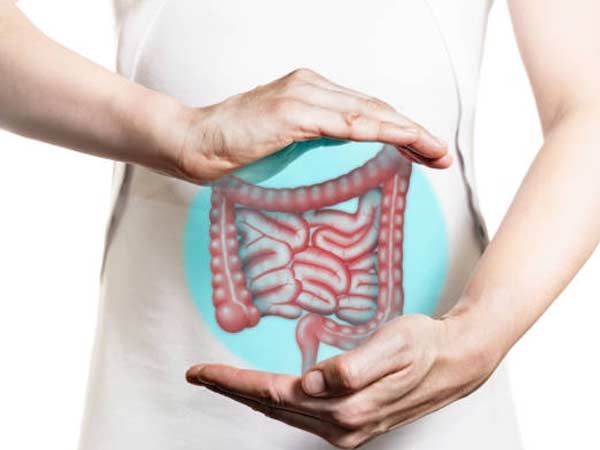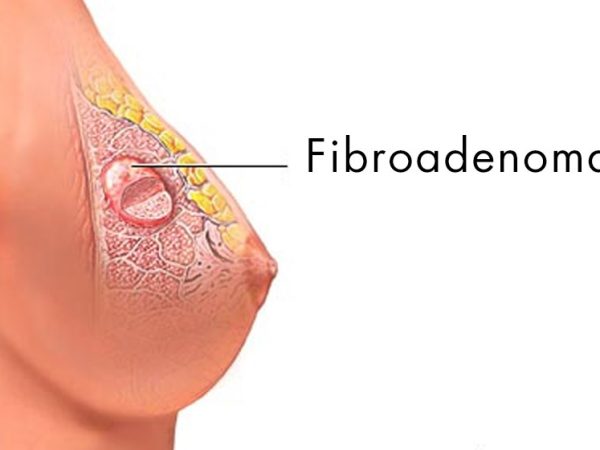Piles (hemorrhoids) can be uncomfortable and cause distress, but they are manageable with various options for piles treatment in Laxmi Nagar, East Delhi and lifestyle changes. Maintaining a healthy diet, staying physically active, and avoiding straining during bowel movements are essential steps in preventing and managing piles. If you experience persistent symptoms or have concerns about piles, don’t hesitate to seek medical advice. Remember, early intervention and proper care can help you get relief and improve your quality of life.
What are hemorrhoids?
Hemorrhoids, also called piles, are swollen veins in the anus and lower rectum, similar to varicose veins. Hemorrhoids can develop inside the rectum (internal hemorrhoids) or under the skin around the anus (external hemorrhoids).
It is a fairly common pathology among the population. Fortunately, there are effective options for treating hemorrhoids. Many people get relief from lifestyle changes.
What symptoms does it cause?
The signs and symptoms of hemorrhoids generally depend on the type of hemorrhoid.
EXTERNAL HEMORRHOIDS
They are located under the skin that surrounds the anus. These are some of the possible signs and symptoms:
- Itching or irritation in the anal area.
- Pain or discomfort in the anus.
- Swelling around the anus.
- Occasional bleeding.
INTERNAL HEMORRHOIDS
Internal hemorrhoids are found inside the anus. They usually cannot be seen, but straining or irritation during bowel movements can cause:
- Painless bleeding during bowel movements. You may notice small amounts of bright red blood on toilet paper or in the toilet bowl.
- A hemorrhoid that pushes through the anus (prolapsed or bulging hemorrhoid), causing pain and irritation.
THROMBOSED HEMORRHOIDS
If blood collects in a hemorrhoid and forms a clot (thrombus), it can cause:
- Intense pain.
- Inflammation.
- A hard lump near the anus.
How is it diagnosed?
Dr Zahid, surgeon in East Delhi, can diagnose external hemorrhoids on physical examination alone. Diagnosis of internal hemorrhoids may include examination of the anal canal and rectum.
- Digital exam. The doctor inserts a lubricated, gloved finger into the rectum. The professional will try to detect something unusual, such as tumors.
- Visual inspection. Since internal hemorrhoids are usually too soft to be detected during a rectal exam, your doctor may also examine the lower part of your colon with an anoscope or rectoscope.
Dr Zahid may want to examine your entire colon through a colonoscopy in these cases:
- Your signs and symptoms indicate that you may have another disease in the digestive system.
- You have risk factors for colorectal cancer.
- You are middle-aged and have not had a recent colonoscopy.
What options exist for Piles Treatment in Laxmi Nagar, East Delhi?
PREVENTION
The best way to prevent hemorrhoids is to keep your stools soft so they pass easily. To prevent hemorrhoids and reduce hemorrhoid symptoms, follow these tips:
- Eat foods rich in fiber. Eat more fruits, vegetables, and whole grains. Doing so softens the stool and increases its bulk, which will help you avoid straining that can cause hemorrhoids. Add fiber to your diet progressively to avoid gas problems.
- Drink lots of fluids. Drink at least two liters of water or other liquids each day (not alcohol) per day to keep your stools soft.
- Consider adding fiber supplements. Most people don’t get the recommended amount of fiber (20 to 30 grams a day) in their diet. Studies have shown that fiber supplements improve the overall symptoms and bleeding of hemorrhoids.
- Don’t make efforts. Straining and holding your breath while you have a bowel movement puts a lot of pressure on the veins in the lower rectum.
- Go to the bathroom as soon as you feel like passing stool . If you wait to have a bowel movement and the urge wears off, the stool could dry out and be more difficult to pass.
- Do exercise. Stay active to prevent constipation and to reduce pressure on your veins, which can occur with long periods of standing or sitting. Exercise can also help you lose excess weight that could be contributing to hemorrhoids.
- Avoid sitting for a long time. Sitting for a long time, especially on the toilet, can increase pressure in the veins of the anus.
HYGIENE RECOMMENDATIONS
You can often relieve the mild pain, swelling, and inflammation of hemorrhoids with lifestyle changes.
- Soak in a warm tub or take a sitz bath frequently. Soak the anal area in warm water for about 15 minutes two or three times a day.
- Avoid intense physical efforts.
MEDICINES
- Use topical treatments. Apply creams for hemorrhoids or suppositories with hydrocortisone, the latter is not recommended beyond a week. These measures can temporarily relieve pain and itching.
- Take pain relievers by mouth. You can use acetaminophen or ibuprofen temporarily to ease your discomfort.
THROMBECTOMY OF EXTERNAL HEMORRHOIDS
If a painful blood clot (thrombosis) has formed inside the external hemorrhoid, the laparoscopic surgeon in East Delhi may remove piles, which can provide immediate relief. This procedure, performed under local anesthesia, is most effective if done within 72 hours of a clot developing.
MINIMALLY INVASIVE PROCEDURES
If you have persistent bleeding or painful hemorrhoids, Dr Zahid might recommend one of the other minimally invasive procedures available. This piles treatment in East Delhi can be done in hospital or other outpatient setting and usually don’t require anesthesia.
- Rubber band ligation. The doctor places one or two small elastic bands around the base of internal hemorrhoid to cut off its circulation. Hemorrhoid weakens and falls off within a week.
- Injection (sclerotherapy). The doctor injects a chemical solution into the hemorrhoid tissue to shrink it. May be less effective than rubber band ligation.
- Coagulation (infrared, laser or bipolar). Coagulation techniques use laser or infrared light or heat. They make small, bleeding hemorrhoids hard and dry. Coagulation has few side effects and usually causes little discomfort.
SURGICAL PROCEDURES
Only a small percentage of people with hemorrhoids require surgery. However, if other procedures have been unsuccessful or if you have large hemorrhoids, your doctor might recommend one of the following:
- Removal of hemorrhoids (hemorrhoidectomy). The surgeon removes the excess tissue that is causing the bleeding. The surgery can be performed under spinal anesthesia or general anesthesia.
Hemorrhoidectomy is the most comprehensive and effective way to treat severe or recurrent hemorrhoids. Most people have some pain after the procedure, which can be relieved with medication.
- Hemorrhoid stapling. This procedure, called stapled hemorrhoidopexy, blocks blood flow to the hemorrhoidal tissue. It is typically used only for internal hemorrhoids. Stapling generally involves less pain than hemorrhoidectomy and allows for an earlier return to regular activities but has been associated with an increased risk of recurrence and rectal prolapse, which is when part of the rectum protrudes from the anus.
Frequently Asked Questions (FAQs)
Q1: Can piles be prevented?
A: Yes, piles can often be prevented by maintaining a healthy lifestyle, including a high-fiber diet, drinking plenty of water, and staying physically active. Avoid straining during bowel movements and take breaks from prolonged sitting or standing.
Q2: Are piles a serious medical condition?
A: While piles can be uncomfortable and cause inconvenience, they are usually not life-threatening. Most cases can be managed with lifestyle changes and conservative treatments.
Q3: How long does it take for piles to heal?
A: The time it takes for piles to heal varies depending on their severity and the chosen piles treatment in Laxmi Nagar, East Delhi. Mild cases may resolve within a few days to a week, while more severe cases may take several weeks.
Q4: Can I treat piles at home without medical intervention?
A: Mild cases of piles can often be managed at home with lifestyle changes, over-the-counter medications, and sitz baths. However, if symptoms persist or worsen, it’s essential to seek medical advice.
Q5: Can pregnant women get piles?
A: Yes, pregnancy can increase the risk of developing piles due to increased pressure on the pelvic region. Pregnant women should follow a high-fiber diet, stay hydrated, and consult their healthcare provider if they experience symptoms.

